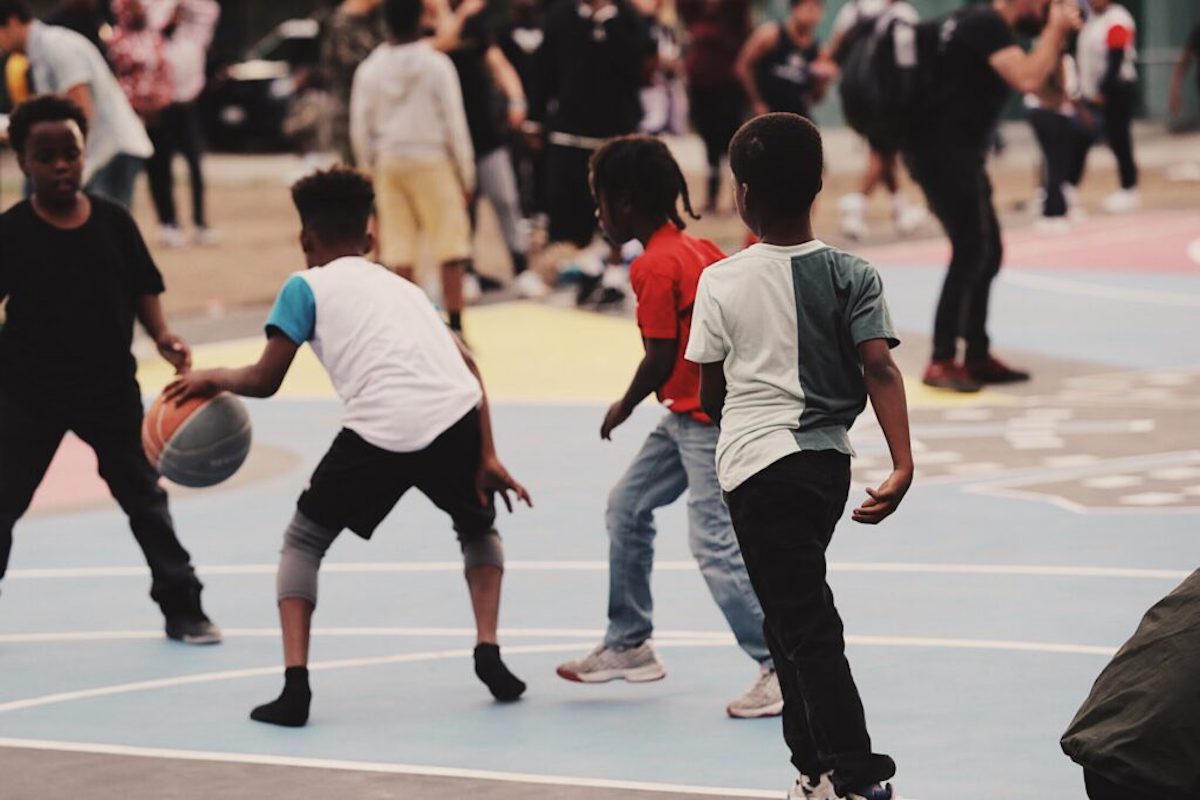
For coaches and sports business owners, your story can be one of your most powerful marketing tools. The most successful coaches will use their story, and the stories of their athletes, to their advantage. How can you use storytelling to grow your business and your brand?


